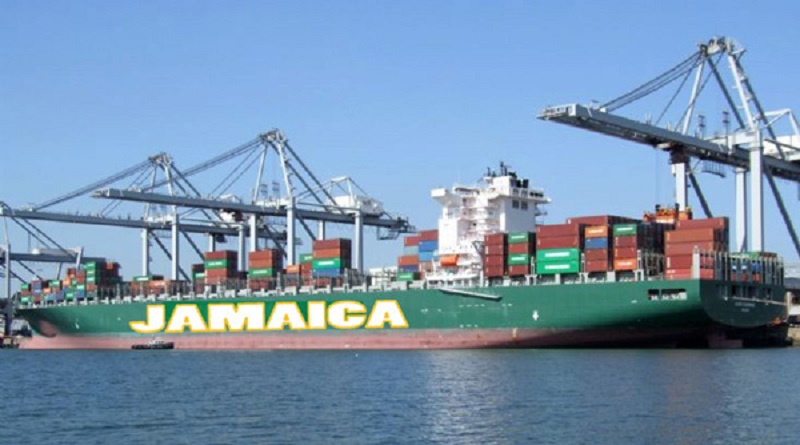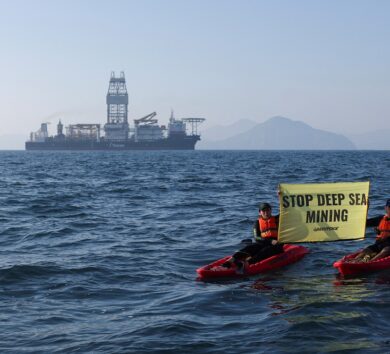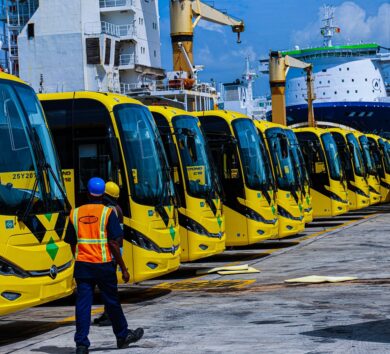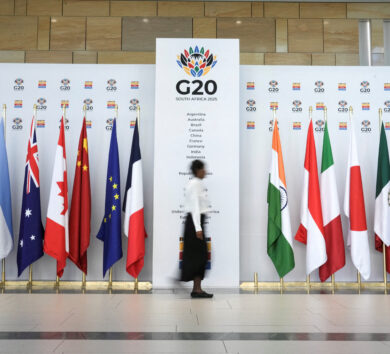
Maritime Authority of Jamaica sounding the warning bell

Already suffering from a global crew change crisis caused by the pandemic, the shipping industry is facing the danger of crew shortage as the pandemic drags on.
There is mounting fears in the industry that if exhausted crew chooses to leave the shipping industry rather than risk another long period trapped at sea.
Jamaica’s maritime regulator, the Maritime Authority of Jamaica (MAJ) is pointing to the clear and present danger, which now exists in this regard.
Rear Admiral (retired) Peter Brady, director general of the MAJ, advised of the potential danger to the shipping industry if there is a mass exodus of crews from their seagoing jobs to take up shore-based employment, which gives them more time with their families.
“If seafarers are not available to operate the ships, those vessels will simply lay alongside idle. Does the world need that now?”
Rear Admiral (retired) Peter Brady, director general of the Maritime Authority of Jamaica
According to Brady, “if seafarers are not available to operate the ships, those vessels will simply lay alongside idle. Does the world need that now?”
He issued a stern warning that the shipping industry needs to demonstrate to world leaders the vital role crew play in the supply chain. He questioned whether the industry is exhibiting global “ignorance – or is it apathy” concerning the economic value of trade by sea to the world economy.
The former Jamaican naval officer remarked, “there is an absolute need to urgently inform, educate, and sensitise both business leaders and consumers across the world as to the important role shipping plays in delivering 90 per cent of global trade… . I believe we need to now take the conversation to another level, to speak with the merchants, to speak with the financiers, the bankers, all the people who control the financial aspect of global trade.”

He continued to questioned, “if the prevalence and malaise of this pandemic continue to cause uncertainty for the physical and mental health of seafarers, without some visible measures that recognise their special role in keeping the global economy viable”.
In the event of such a situation and crew members opt not to return to sea, the Jamaican maritime regulator boss argued that the industry would face obvious disaster.
He posited the thought that if five per cent of the principal carriers of global goods, commodities and energy were to pull out of service because of crewing shortages, in real terms, “how would that impact the global economy?”
He further questioned “what if numbers are more, stark, and a total of 10 per cent of the seafarers do not return to sea and renew their Seafarers Employment Agreements? Can the world survive that now?”







Comments